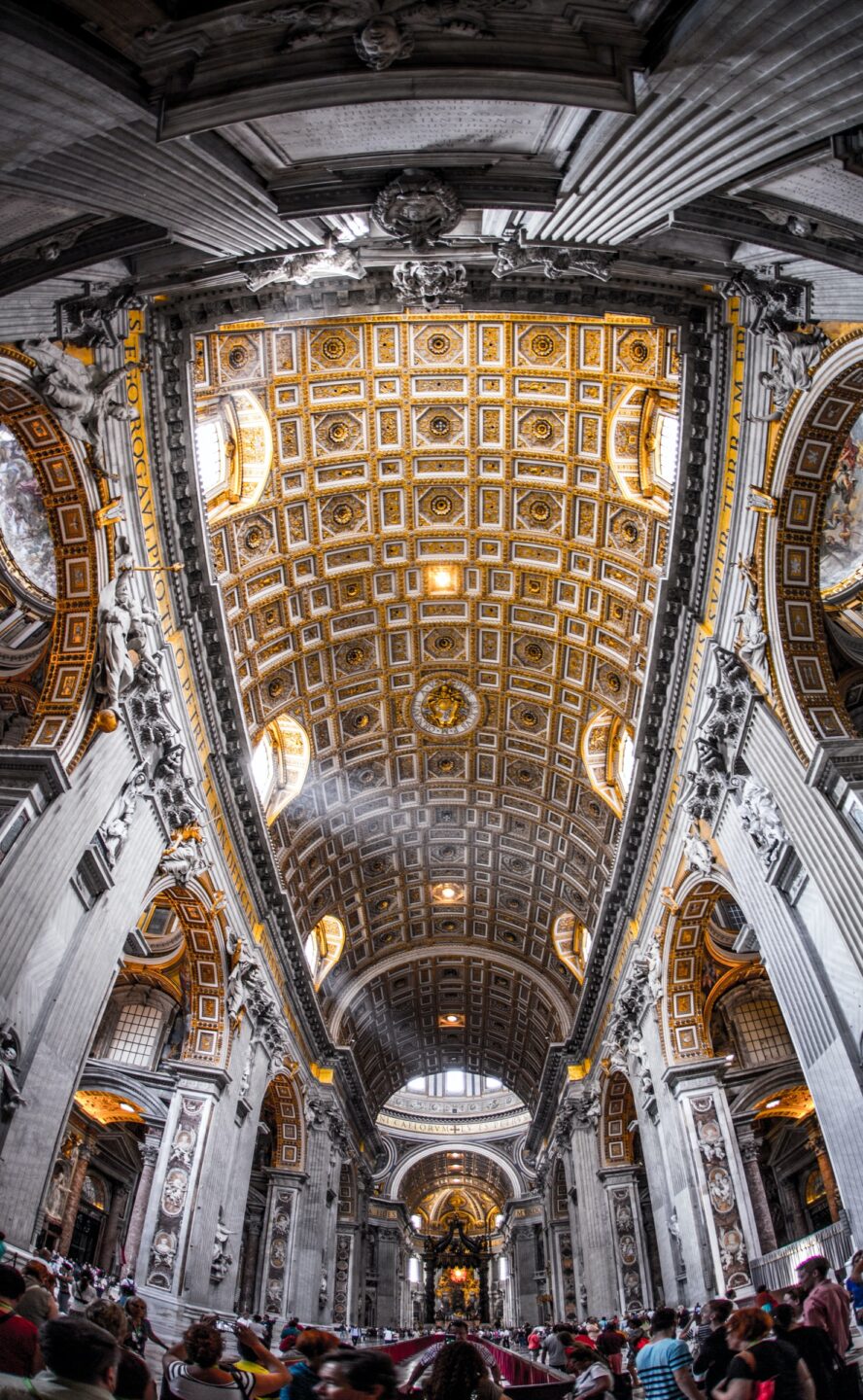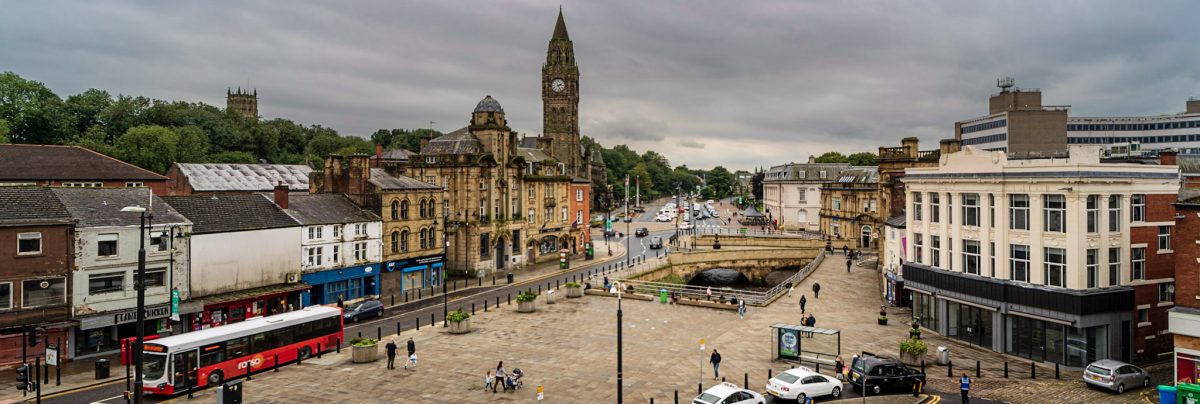
Occasionally people describe church buildings as the “House of God,” or the “House of the Lord.” In fact, there are some churches that have a Bible quote painted on the church wall about it. It’s language that comes from the Old Testament referring to the tabernacle or temple (e.g. 1 Samuel 1:7-9). Now if you come to Rochdale Evangelical Church and look at our hired Scout Hut, you might find yourself a little disappointed to think you were coming to the House of God. God doesn’t seem to have very deep pockets! If we’re supposed to be looking for a decent piece of architecture, presumably we’d be better going to gothic cathedrals.
Similarly, it’s common to describe church leaders as priests. If you know much about the Bible you will know that in the Old Testament, when God provided for worship, at the same time as providing a special place (the tabernacle and later the temple), he provided a special group of people responsible for that worship who actged as intermediaries between God and the people (Exodus 28-29) – the priests. If you’re still looking for priests, then you might be a bit disappointed with Rochdale Evangelical Church. We don’t have special robes or perform animal sacrifices (you might be glad about that bit!).
As we’ve been meeting in our Growth Group on Zoom, we’ve been thinking about who and what we are as a local church. We looked together at 1 Peter 2:4-12, which helps us understand how, even in our Scout Hut, we are the temple. More than that, we have priests at Rochdale Evangelical Church – lots of them!
The House of God
In the passage in 1 Peter, the Temple is the people of God. He describes how instead of a physical building, the house of God is now a ‘spiritual house’ founded on Jesus Christ, the ‘cornerstone’ and built of ‘living stones,’ the people (1 Peter 2:4-8). So the Temple/House of God still exists, but it’s neither a building in Jerusalem, nor a building in Rochdale, instead it is the people.
But when Peter says people are the ‘living stones’ of the building, who does he mean. Well he goes to some lengths to make it clear that he is talking about followers of Jesus Christ. So he writes about those who “come to [Jesus]” and “believe” in Jesus and contrasts strongly to those who ‘do not believe’, reject and stumble over Jesus, disobeying the word. The temple is made up of believers in Jesus – disciples.
Why does this matter? Two things come to mind:
- The building we meet in doesn’t matter too much. We’re really grateful for a space to meet and believe it is a gift from God when we needed it. However, we don’t mind that it doesn’t look that amazing. If it allows the people of God to meet, then it allows the ‘house of God’ to be together.
- The temple was the place to meet God and worship him because was specially present their. It’s exciting to be part of the universal church and a local church, because God lives with us and we can worship him together.
The Priests
So what about priests then? Well Peter tells us that, not only are we part of the building, but we (again the believers in Jesus) are all priests. In fact, he picks up all sorts of amazing Old Testament language to describe Christians i.e. the church: a ‘holy priesthood’, a ‘royal priesthood’, a ‘holy nation’, a ‘people for his own possession.’ (1 Peter 2:5, 9)
Our standing as priests has two implications for Peter.
- We all offer the sacrifices (1 Peter 2:5). You’ll be glad to know that this doesn’t mean that we’re all sacrificing animals! Peter talks about ‘spiritual sacrifices’, which are not sacrifices to appease God (Jesus death on the cross for our sin was the once for all sacrifice which achieved that – Hebrews 9:26), but is about a life lived for Jesus (e.g. 1 Peter 2:1-3, 11-25; Romans 12:1-2).
- We all proclaim the greatness of the God we serve, especially shown in what Jesus has done for us. This might seem a strange way of talking about evangelism, but it helps us. Telling people about Jesus is both our role as God’s priests and it’s the overflow of what he has done for us and our living lives of worship to him. While Jesus is the the great high priest who enables us to have have a relationship with God (Hebrews 4:14-16), we, by our evangelism, point people to Jesus and so God.
So while we don’t have a special person in the church who is the priest and we don’t have people who dress in funny ways to show they are special, we do have priests – everyone who is following Jesus.
